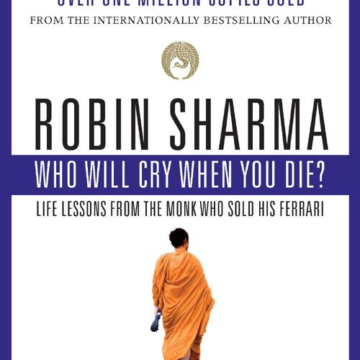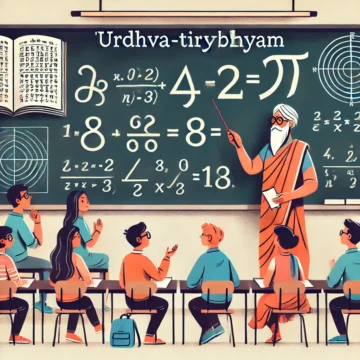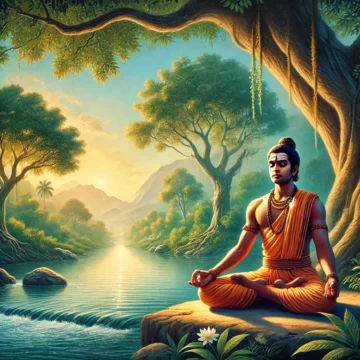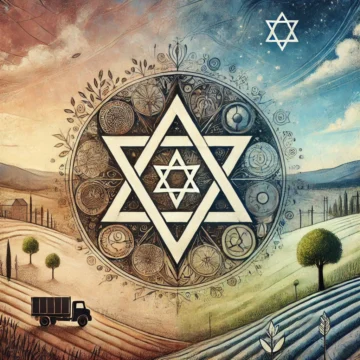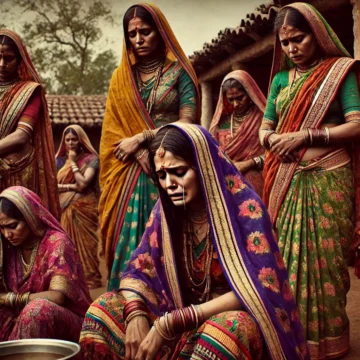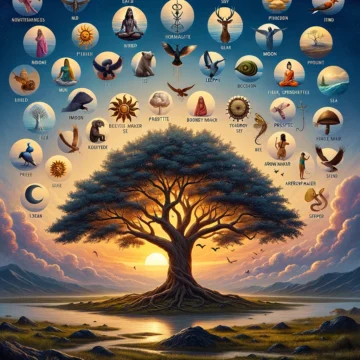Delve into the heart of Ashtanga Yoga through Patanjali’s Yoga Sutras. Explore how this ancient wisdom, penned between 200 BCE and 400 CE, offers a pathway to spiritual liberation and deepens our understanding of the mind-body connection within the framework of Sanatan Dharma.
Author: Sarvananda (Sarvananda )
Importance of the Day 23 June: Air India Bombing of 1985
On 'Importance of the Day 23 June,' we reflect on the 1985 Air India bombing—one of the deadliest aviation terror attacks. The event underscores the crucial need for rigorous international security measures and spotlights ongoing governance issues within Canadian handling of terrorism and political dissidents.
Robin Sharma: Reflections of Self Learning
2010, a book discovery in Mumbai began my transformative journey with Robin Sharma's 'Who Will Cry When You Die?' Its teachings on mindfulness and continuous self-improvement have reshaped my approach to life, echoing profound Vedic principles that view every interaction and experience as a learning opportunity.
Vedic Mathematics: A Comparison with Conventional Methods
Explore the transformative power of Vedic Mathematics, an ancient system that simplifies complex calculations. This blog delves into its origins, compares it with conventional methods, and illuminates its modern applications in education and professional settings, demonstrating how it enhances mental agility and problem-solving capabilities.
Yoga Day and Ashtanga Yoga In Hindu Philosophy
Sanatan Dharma, integrative and holistic, guides adherents through life stages—from householder to renunciate—toward the ultimate goal of Moksha, or divine union. This blog delves into the profound practices of Ashtanga Yoga within Sanatan Dharma, exploring its rich philosophies from the Yoga Sutras to Vedanta, each pathway leading to spiritual liberation.
Judaism and Tolerance: Exploring Historical Vulnerabilities
Today, we explore the intricate dance between diverse religious teachings and secular values. Delving into Hinduism and the Abrahamic faiths, we uncover how each tradition intertwines with secular principles to promote peace, unity, and mutual respect, illuminating their profound impact on fostering a more inclusive and harmonious societal framework.
India China Border: Correlating Doklam Standoff And Dharma
This blog post explores the Doklam Standoff at the India-China border, a pivotal conflict that tested India's geopolitical strategies and ethical doctrines rooted in Dharma. The standoff, illustrating deep-rooted border disputes and China's 'salami-slicing' tactics, brings to light the vital lessons in maintaining territorial integrity and strategic diplomacy.
Jammu and Kashmir: Massacre at Chapnari
The haunting valleys of Kashmir, where global jihad has intensified local conflicts, revealing a complex history marked by political maneuvers and territorial disputes since the 1947 partition. This essay explores how global jihadist movements have woven into the local fabric, complicating peace efforts.
Lord Dattatreya And His Gurus
In this installment at HinduInfoPedia.org, we explore Lord Dattatreya's teachings to King Yadu. Dattatreya's wisdom comes from twenty-four gurus in nature, including the earth, air, and sky. From Prithvi (Earth), we learn endurance and nourishment, highlighting resilience, selflessness, and support. This wisdom, rooted in nature’s principles, offers timeless strategies for a balanced, fulfilling life.
Science Hub of Ancient Times: Reviving Ancient Vedic Wisdom
India, once a crucible of scientific innovation, is on its journey back to becoming a global science hub. This blog delves into how the seamless integration of ancient Vedic sciences with cutting-edge modern scientific endeavors is reinstating India at the forefront of global innovation.




